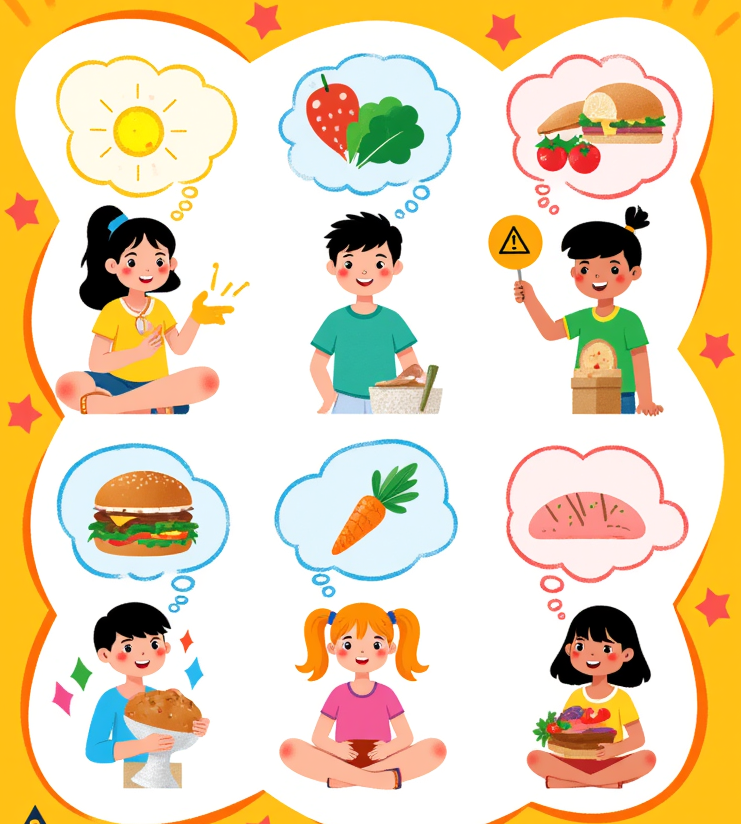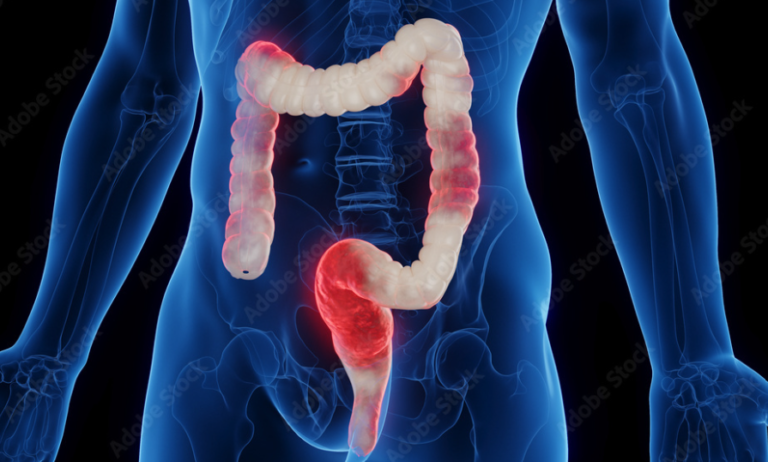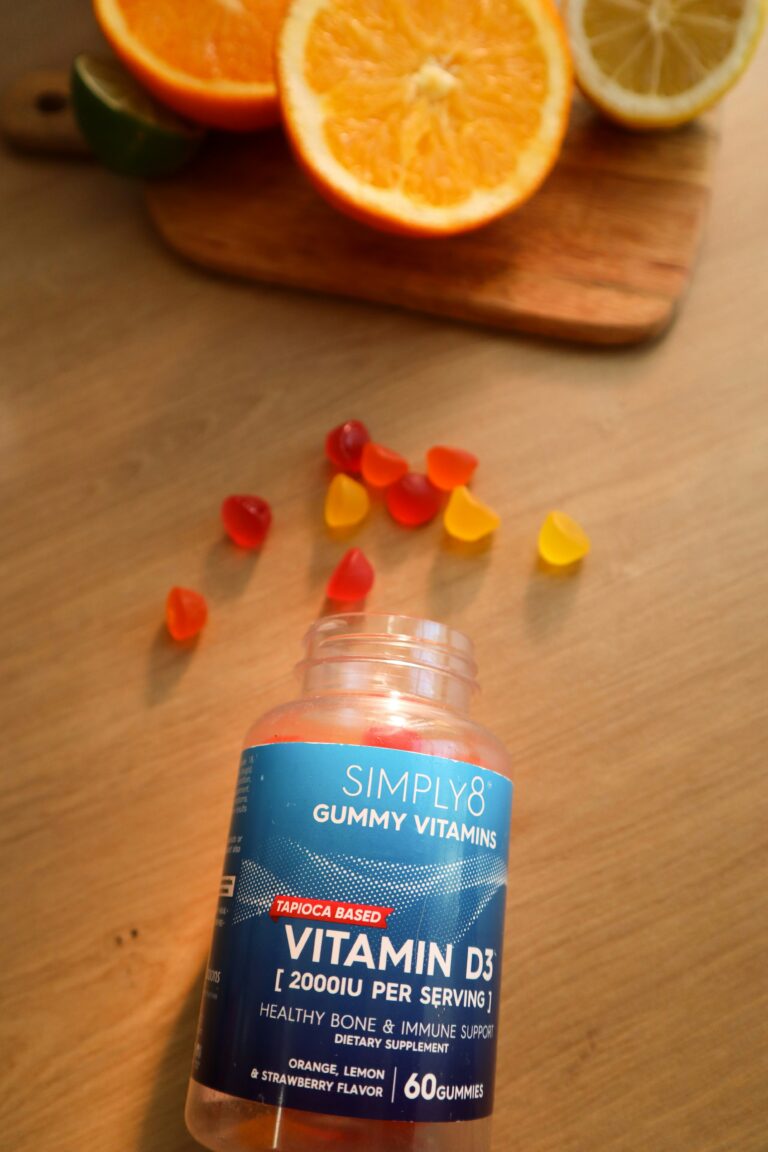Nutrition & kids’ mental health? hummm is there a connection? Check out how what your kids eat can affect their mental health and brain power. You’ll learn about important nutrients and easy tips to help their cognitive growth and emotional well-being through the food they eat.

Introduction
Let me be honest: before having children in the house, I viewed food merely as fuel for people’s bodies, regardless of whether they were adults or children. I’m sure many of you feel the same way, right? Despite being a healthcare professional with extensive knowledge in Nutrition, I’ve come to realize that experiencing food and its impact is quite different from learning about it theoretically.
How can real life differ from theory? What purpose do all those studies serve? Although they are not fundamentally different, some important information is missing. In this article, we will cover everything necessary for you to gain a thorough understanding.
Why Should You Care about Nutrition & kids’ mental health link?
Because the latest research (yes, 2025 studies!) shows that nutrition impacts mental health as much as it does physical growth. A 2025 meta-analysis in Pediatric Neuroscience found that kids with diets high in processed sugars and artificial additives had 30% higher rates of anxiety and ADHD symptoms compared to those eating whole, nutrient-dense foods.
And here’s the kicker—it’s not just about what they eat, but when and how. Skipping breakfast? Linked to poorer memory and irritability. Too much screen-time snacking? Hello, dopamine crashes and meltdowns.
The Big 4 Nutrients for a Smarter, Happier Brain
1. Omega-3s (The Brain’s Building Blocks)
Why? The brain is 60% fat, and omega-3s (DHA & EPA) are its VIPs. A 2024 Journal of Child Psychology study showed kids with higher omega-3 levels had better focus and fewer mood swings.
Where? Fatty fish (salmon, sardines), walnuts, flaxseeds, algae-based supplements (for picky eaters).
2. Iron & Zinc (The Focus Boosters)
Why? Iron fuels oxygen to the brain, and zinc regulates neurotransmitters. Low levels? Think brain fog and crankiness. A 2023 study found 20% of kids with ADHD had zinc deficiencies.
Where? Lean meats, lentils, pumpkin seeds, dark chocolate (yes, really!).
3. Probiotics (The Gut-Brain Chat Line)
Why? The gut is the “second brain.” A 2025 Gut Microbes study linked healthy gut bacteria to lower anxiety and better stress response in kids.
Where? Yogurt, kefir, kimchi, or a daily kid-friendly probiotic.
4. Antioxidants (The Brain’s Bodyguards)
Why? They fight oxidative stress (aka brain rust). Blueberries, for example, improved memory and problem-solving in school-aged kids in a 2024 trial.
Where? Berries, spinach, nuts, even dark chocolate (again—win!).
Real-Life Hacks (Because Perfection Doesn’t Exist)
Crunchy swaps: Replace chips with roasted chickpeas or apple slices + almond butter.
Steady energy: Pair carbs with protein/fat (e.g., whole-grain toast + avocado) to avoid sugar crashes.
Hydration hack: Add fruit slices to water—dehydration = grumpy, distracted kids.
The Sugar Rollercoaster (And How to Get Off)
Here’s something I learned the hard way: that “quick energy boost” from juice boxes or crackers? Total myth. A 2025 Pediatric Nutrition study tracked kids’ blood sugar after common snacks and found something wild—within 30 minutes of eating refined carbs, attention spans plummeted by 40%. But here’s the good news: pairing those carbs with protein or fat (think: cheese + whole-grain crackers, or almond butter + banana) kept energy and moods stable for 2+ hours. My personal game-changer? Prepping “brain boxes” with hard-boiled eggs, cubed cheese, and berries for after-school meltdowns (theirs and mine!).
You do not have to have a meal plan validated by Michelin stars to make a positive impact. By making small, intelligent adjustments, you can significantly improve your child’s well-being. The next time you observe your child feeling hangry or encountering challenges in school, take a moment to consider when they last consumed food that supports their brain function.
Got a picky eater? A snack dilemma? Drop a comment—let’s troubleshoot together! 😊






